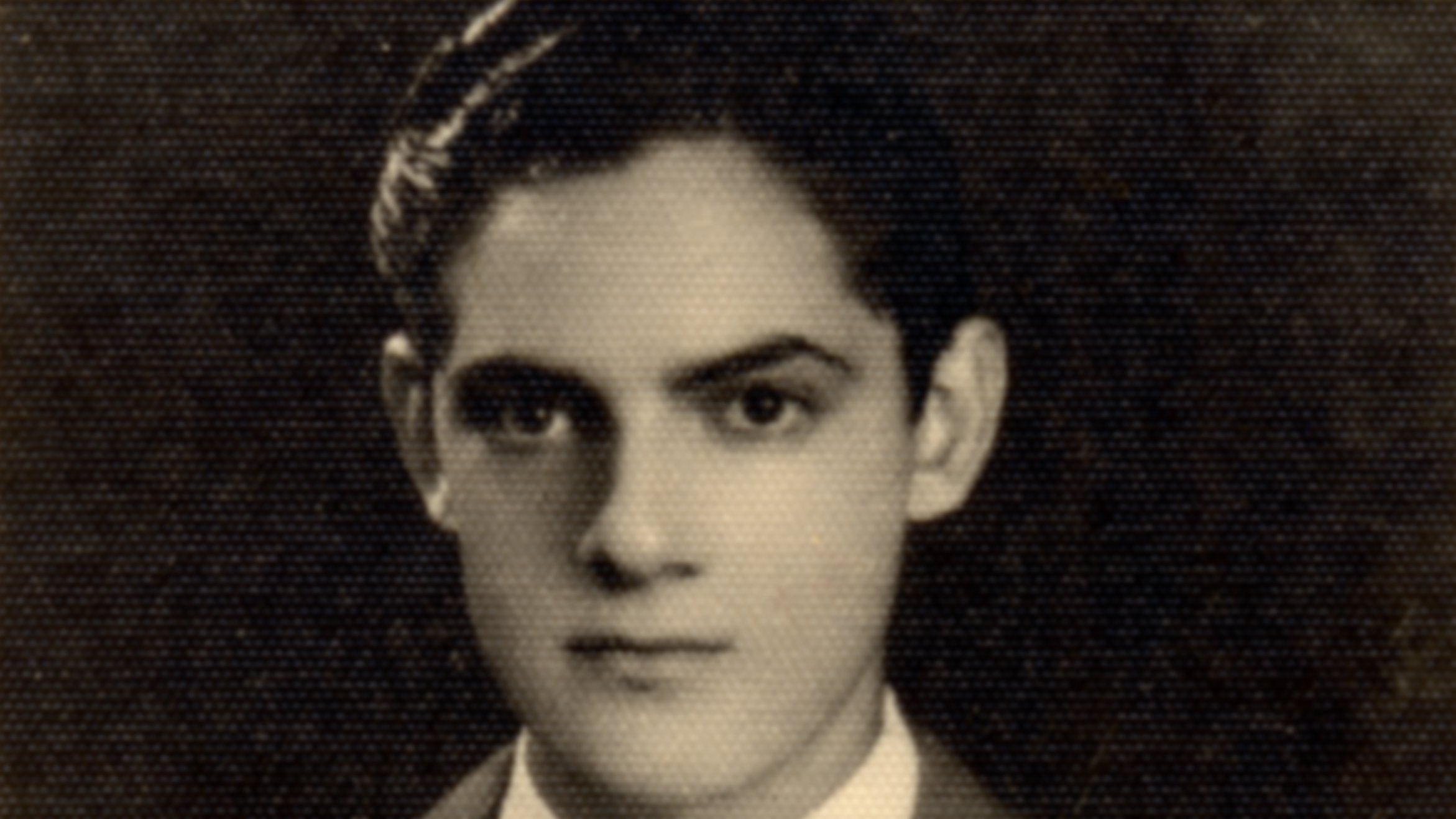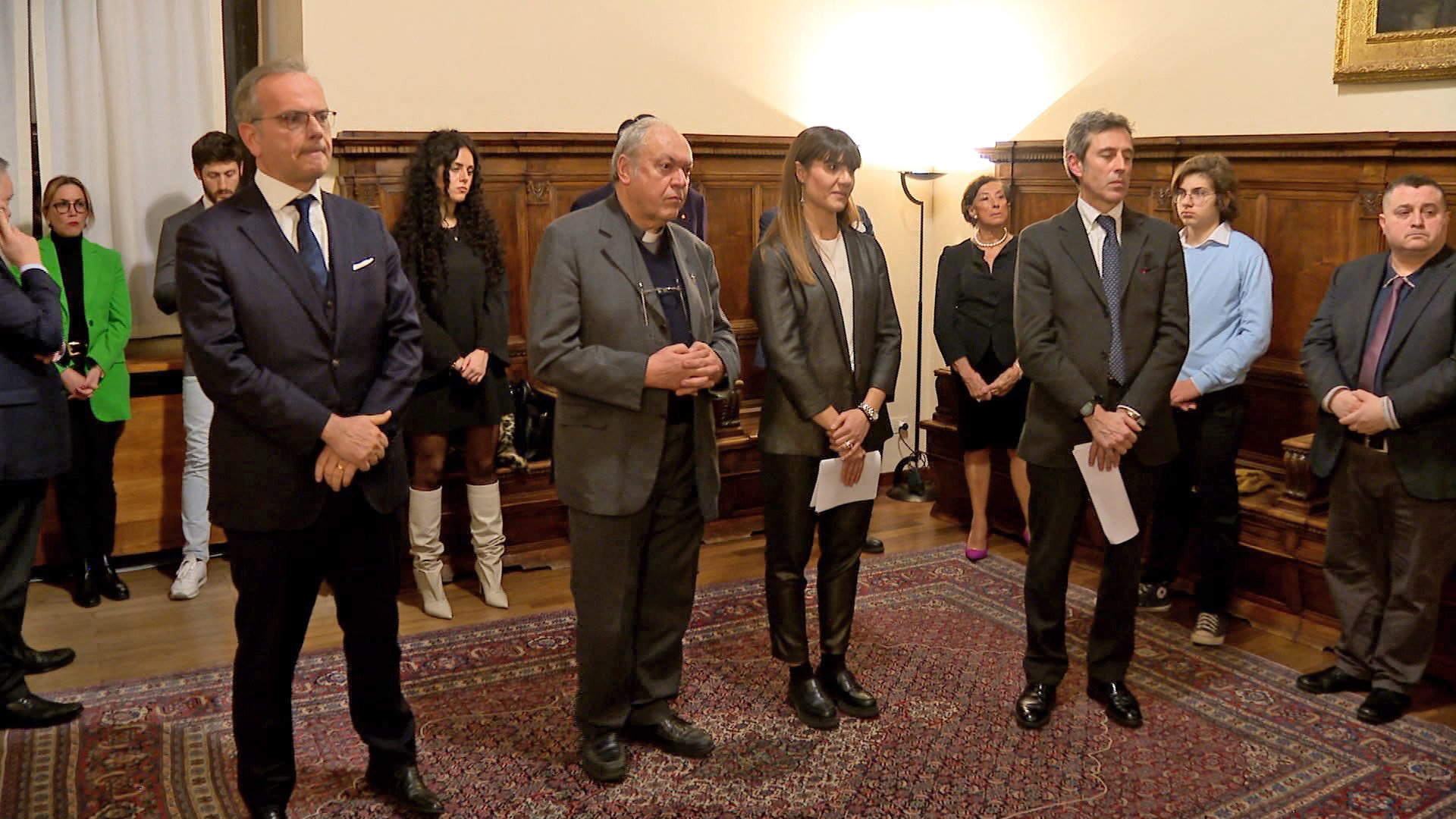international conference on Jewish prisoners who were forced to work in the gas chambers
The first study conference on the Sonderkommando, “Witnesses of extermination. The Jewish prisoners of the Sonderkommando”, for the strong bond that the city had with Shlomo Venezia, the many trips to Auschwitz, organized by the Municipality of Rimini with teachers and students from Rimini, in which Shlomo participated, always bringing the extraordinary tangible testimony of his tragic memories. But also for the times he came to Rimini to participate in conferences and tell his terrible story about him. In the tenth year of his death, the city of Rimini remembers him with an event of exceptional academic level, open to all, which will take place tomorrow – November 20 – at the Galli Theater. A day of study and historical insight into the Jewish prisoners who were forced to work in the gas chambers of the assassination centers, not only in Auschwitz but also in Chelmno, Belzec, Sobibòr and Treblinka. The conference is promoted by the Municipality of Rimini together with the Fondazione Museo della Shoah in Rome and the Mémorial de la Shoah in Paris, with the collaboration of the Auschwitz Museum and the Historical Institute of the Resistance of Rimini. The symposium will deal with a very little-known chapter in the history of the Holocaust, meeting speakers and experts from various countries (Peter Klein, Igor Bartosik, Carlo Saletti, Laura Fontana) who will address the topic from different perspectives, between history, memory and literature. Witnesses to the extermination, from the title chosen for the conference, is a definition that underlines the tragically exceptional situation of this small group of prisoners, only temporarily spared from killing, to whom the SS delegated the worst task: accompanying the victims to their place of put to death, recover any valuables (teeth, prostheses, clothes, shoes, even women’s hair), bury or incinerate the corpses to eliminate all traces of the crime. Forced to a horrific task, the Sonderkommandos had no hope of staying alive, but were dispatched eliminated and sent with more prisoners. The young Italian Shlomo Venezia, persecuted and deported with his family from Thessaloniki in 1944 because he was Jewish, was chosen with his brother and a cousin for the special work team (Sonderkommando) assigned to the large crematoria of Birkenau where every day several thousands of Jewish families, including 9,000 people captured in Italy (including Rhodes). Among the very few survivors in the world of the Sonderkommando, Shlomo Venezia rebuilds a life and a beautiful family after the war, choosing in the 1990s to devote himself to testimony.
CS Municipality of Rimini




